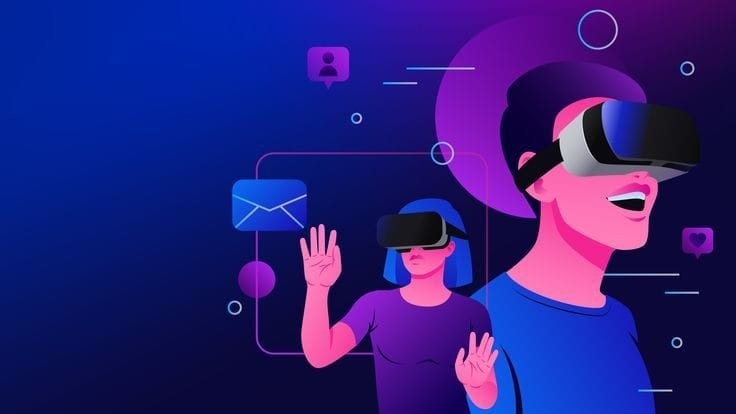1: Introduction
1.1 Overview of VR Technologies
– 1.1.1 Defining VR and key applications
– 1.1.2 Current VR hardware landscape
1.2 Unreal Engine for VR
– 1.2.1 Why Unreal Engine for VR development?
– 1.2.2 Overview of Unreal Engine interface and key features
1.3 Setting Up
– 1.3.1 Installing VR plugins and configuring VR headsets
2: Understanding VR Basics in Unreal Engine
2.1 Project Setup for VR
– 2.1.1 Creating a new VR project
– 2.1.2 Overview of default VR template
2.2 Introduction to Blueprints
– 2.2.1 Understanding Unreal’s visual scripting system
– 2.2.2 Basic VR interactions using Blueprints
2.3 Basic VR Player Setup
– 2.3.1 Configuring a VR character and player controller
3: Working with VR Input and Interactions
3.1 Handling VR Controllers and Input
– 3.1.1 Integrating motion controllers
– 3.1.2 Understanding input events for VR
3.2 Building Basic Interactions
– 3.2.1 Picking up and manipulating objects in VR
– 3.2.2 Using physics to enhance interactions
3.3 Teleportation and Locomotion in VR
– 3.3.1 Implementing basic teleportation mechanics
– 3.3.2 Exploring other VR movement options (e.g., smooth locomotion)
4: VR Environments and Level Design
4.1 Designing Immersive VR Spaces
– 4.1.1 Best practices for creating VR environments
– 4.1.2 Optimizing scale and spatial awareness for VR
4.2 Using Lighting and Shadows in VR
– 4.2.1 Light sources, dynamic lighting, and real-time shadows
4.3 Adding 3D Models and Assets
– 4.3.1 Importing and placing models from external software
– 4.3.2 Optimizing assets for performance
5: Advanced VR Interactions and Animations
5.1 Advanced Interaction Techniques
– 5.1.1 Handling complex objects and multi-step interactions
– 5.1.2 Creating custom VR UI elements (menus, buttons)
5.2 Integrating Animations in VR
– 5.2.1 Adding character animations
– 5.2.2 Using animation Blueprints for player interactions
5.3 VR-Specific Feedback Systems
– 5.3.1 Haptic feedback and audio cues for immersion
6: Optimizing VR Performance in Unreal Engine
6.1 Understanding VR Performance Constraints
– 6.1.1 VR rendering requirements and FPS targets
6.2 Optimization Techniques
– 6.2.1 Level of Detail (LOD) for VR
– 6.2.2 Reducing draw calls and polycounts
– 6.2.3 Optimizing lighting and post-processing
6.3 Testing and Debugging VR Projects
– 6.3.1 Tools for performance testing in Unreal Engine
7: VR Development for Multiple Platforms
7.1 Deploying VR Projects on Different Platforms
– 7.1.1 SteamVR, Oculus, PlayStation VR, and others
7.2 Cross-Platform Development Considerations
– 7.2.1 Differences in hardware requirements(Ref: Augmented and Virtual Reality Hardware & Software Tools)
– 7.2.2 Configuring platform-specific settings in Unreal Engine
7.3 Building and Packaging for VR Platforms
– 7.3.1 Preparing your project for release
8: Final VR Project
8.1 Final Project Overview
– 8.1.1 Participants will design and build a small VR experience
– 8.1.2 Combining interactions, environments, and optimization techniques
8.2 Peer Review and Feedback
– 8.2.1 Presenting VR projects and receiving feedback
8.3 Future Trends in VR Development with Unreal Engine
– 8.3.1 Exploring upcoming features and advancements







Reviews
There are no reviews yet.